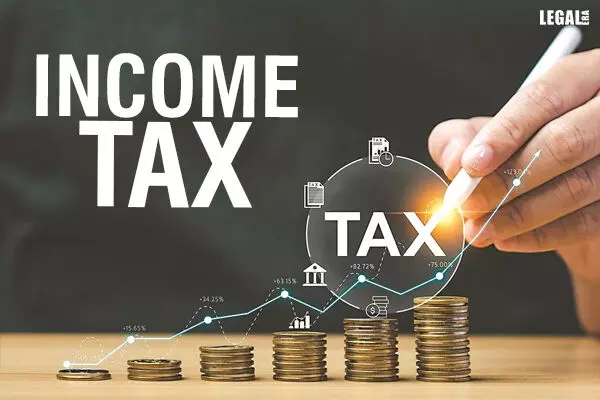- Home
- News
- Articles+
- Aerospace
- AI
- Agriculture
- Alternate Dispute Resolution
- Arbitration & Mediation
- Banking and Finance
- Bankruptcy
- Book Review
- Bribery & Corruption
- Commercial Litigation
- Competition Law
- Conference Reports
- Consumer Products
- Contract
- Corporate Governance
- Corporate Law
- Covid-19
- Cryptocurrency
- Cybersecurity
- Data Protection
- Defence
- Digital Economy
- E-commerce
- Employment Law
- Energy and Natural Resources
- Entertainment and Sports Law
- Environmental Law
- ESG
- FDI
- Food and Beverage
- Gaming
- Health Care
- IBC Diaries
- In Focus
- Inclusion & Diversity
- Insurance Law
- Intellectual Property
- International Law
- IP & Tech Era
- Know the Law
- Labour Laws
- Law & Policy and Regulation
- Litigation
- Litigation Funding
- Manufacturing
- Mergers & Acquisitions
- NFTs
- Privacy
- Private Equity
- Project Finance
- Real Estate
- Risk and Compliance
- Student Corner
- Take On Board
- Tax
- Technology Media and Telecom
- Tributes
- Viewpoint
- Zoom In
- Law Firms
- In-House
- Rankings
- E-Magazine
- Legal Era TV
- Events
- News
- Articles
- Aerospace
- AI
- Agriculture
- Alternate Dispute Resolution
- Arbitration & Mediation
- Banking and Finance
- Bankruptcy
- Book Review
- Bribery & Corruption
- Commercial Litigation
- Competition Law
- Conference Reports
- Consumer Products
- Contract
- Corporate Governance
- Corporate Law
- Covid-19
- Cryptocurrency
- Cybersecurity
- Data Protection
- Defence
- Digital Economy
- E-commerce
- Employment Law
- Energy and Natural Resources
- Entertainment and Sports Law
- Environmental Law
- ESG
- FDI
- Food and Beverage
- Gaming
- Health Care
- IBC Diaries
- In Focus
- Inclusion & Diversity
- Insurance Law
- Intellectual Property
- International Law
- IP & Tech Era
- Know the Law
- Labour Laws
- Law & Policy and Regulation
- Litigation
- Litigation Funding
- Manufacturing
- Mergers & Acquisitions
- NFTs
- Privacy
- Private Equity
- Project Finance
- Real Estate
- Risk and Compliance
- Student Corner
- Take On Board
- Tax
- Technology Media and Telecom
- Tributes
- Viewpoint
- Zoom In
- Law Firms
- In-House
- Rankings
- E-Magazine
- Legal Era TV
- Events
Delhi High Court Mandates ITAT to Rectify Manifest Errors on Record by Recalling Orders under Section 254 It Act

Delhi High Court Mandates ITAT to Rectify Manifest Errors on Record by Recalling Orders under Section 254 It Act
The Delhi High Court dismissed the appeal filed by the Revenue, citing an 86-day delay in filing. This decision came in response to a miscellaneous application filed by the assessee seeking a review of the Tribunal’s earlier order under Section 254(2) of the Income Tax Act.
Justices Yashwant Varma and Purushaindra Kumar Kaurav observed that “the ITAT had clearly rendered incompatible and inconsistent findings. In fact, we are constrained to observe that paras 12 and 21 were clearly contradictory. It was thus not only imperative but also expedient in the interest of justice for the ITAT to recall its order of 29 September 2020 and correct a manifest error apparent on the record”
The Bench considered questions of law raised by the Revenue, including whether the Tribunal had erred in reviewing its decision on miscellaneous applications filed under Sec. 254(2) and whether it possessed review power under the said section, especially in light of the Apex Court’s decision in Reliance Telecom Ltd.
The Tribunal’s order in response to a miscellaneous application filed by the assessee regarding the resolved appeal dated 29.09.2020 on comparability issues involving Persistent Systems Ltd. (PSL) and Sasken Communication Technology Ltd. was noted by the Bench.
The Bench expressed the view that it was imperative for the Tribunal to recall its order dated 29.09.2020 and rectify the evident error on the record due to incompatible and inconsistent findings.
Furthermore, the Bench highlighted that not taking this course of action would have left the Transfer Pricing Officer as well as the Assessing Officer in an irresolvable quandary.



